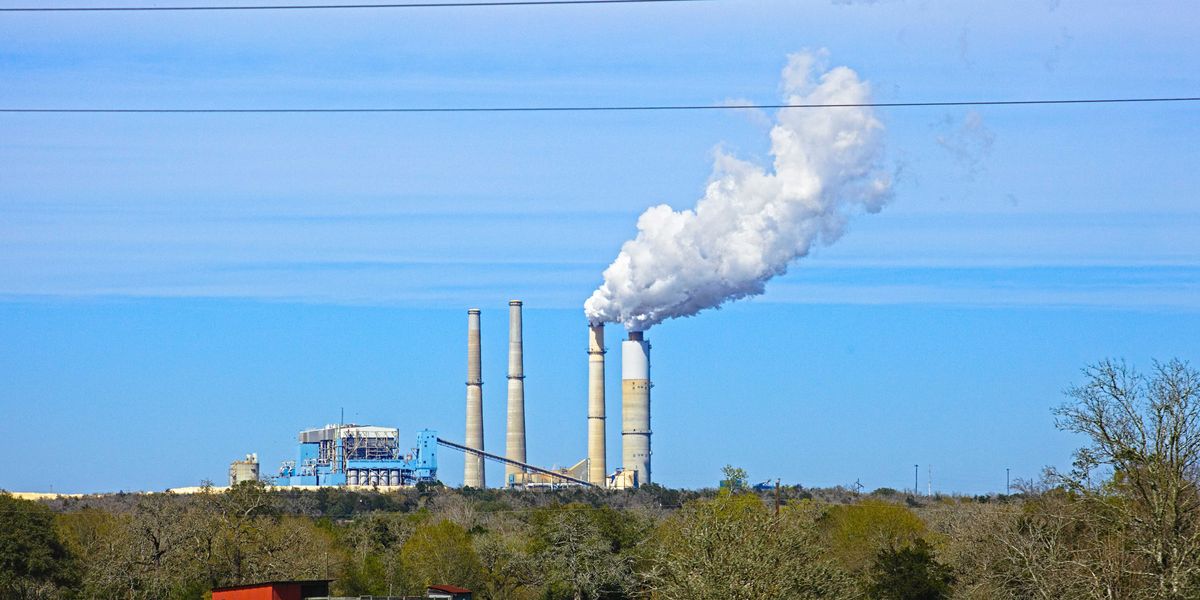EPA claims power plant emissions aren’t harmful, contradicting climate science
A new U.S. Environmental Protection Agency proposal dismisses the climate dangers of carbon emissions from power plants, drawing sharp criticism from scientists who say the claim defies decades of evidence.
Seth Borenstein reports for The Associated Press.
In short:
- The EPA under President Trump proposed that carbon emissions from fossil-fueled power plants are not significant contributors to dangerous air pollution.
- Nineteen of 30 climate, health, and economic experts contacted by the AP rejected the claim, with many comparing it to denying the health risks of smoking or arsenic.
- Scientists say the move ignores basic physics and chemistry and poses serious risks to global health and climate stability.
Key quote:
“It is hard to imagine a decision dumber than putting the short-term interests of oil and gas companies ahead of the long-term interests of our children and grandchildren.”
— Chris Field, Stanford climate scientist
Why this matters:
Carbon dioxide emissions from power plants are a leading driver of climate change, and the United States plays a central role in both emissions and international efforts to reduce them. When government agencies reject established science, it can weaken global climate action, stall progress on clean energy, and fuel misinformation. Heat-trapping gases from burning coal, oil, and gas intensify extreme weather, raise sea levels, and endanger public health — especially in vulnerable communities. These emissions also contribute to dangerous air pollution, which harms lungs, hearts, and developing children. Disregarding the science in regulatory decisions can have lasting consequences for both public health and the planet’s stability.
Learn more: EPA repeal of limits on power plant emissions threatens key climate and health protections













